Recent Items
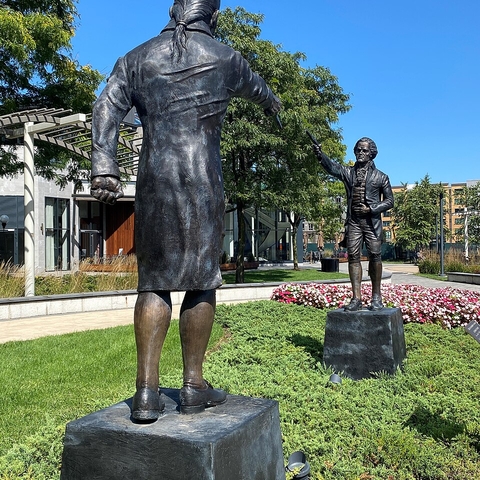
On July 11, 1804, former Treasury Secretary Alexander Hamilton and Vice President Aaron Burr faced off in the most infamous duel in American history.
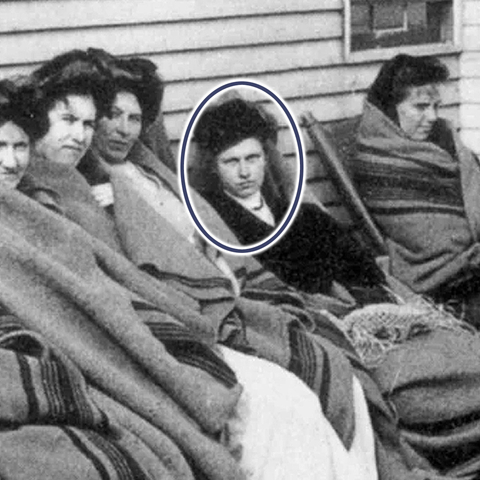
In the early 1900s, Mary Mallon, a domestic cook, was unknowingly a healthy carrier of Typhoid fever.

The Battle of Bosworth Field was one of the last major battles of the Wars of the Roses, a decades-long conflict between the House of York and the House of Lancaster over claims to the English throne.
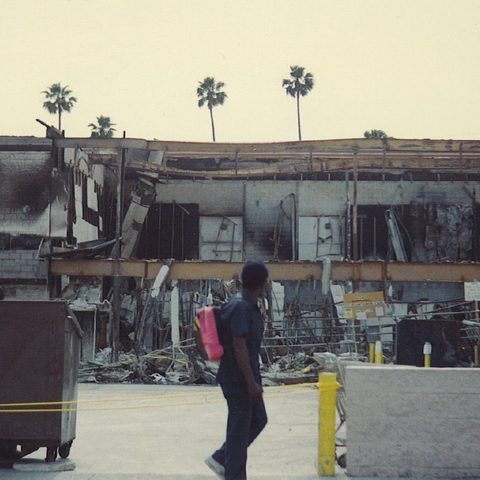
When a Simi Valley jury announced the “not guilty” verdicts in the case of four police officers charged in the beating of African American motorist Rodney King on April 29, 1992, Los Angeles erupted in a firestorm of anti-police protest.
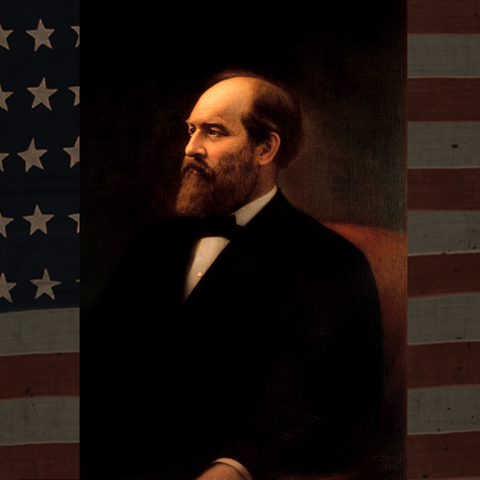
President James A. Garfield was shot on July 2, 1881, by Charles Guiteau, a disgruntled political hopeful.

Percival Lowell was a prominent astronomer of the late 19th and early 20th centuries who believed in the existence of a planet beyond Neptune, which he called “Planet X.”
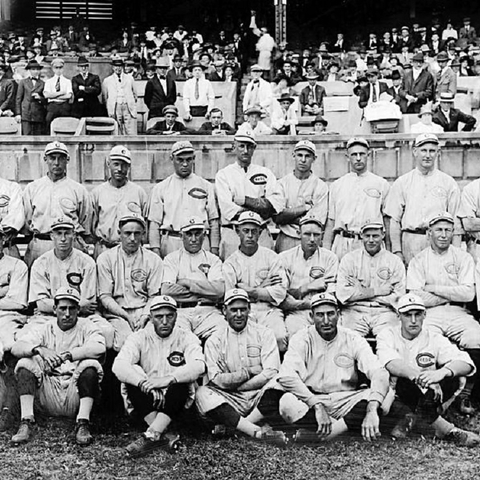
Ten 20th Century World Series contests that are landmark moments in baseball’s evolution as a commercial enterprise and its adaptation to the significant social and cultural changes of modern America.
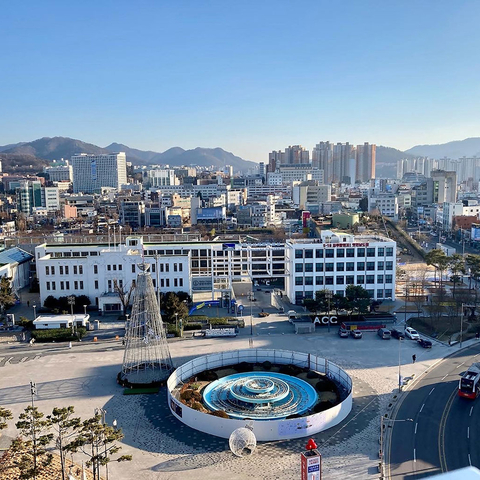
Gwangju, a major city in southwestern South Korea, has been widely recognized as a center of civil resistance since May 1980, when a brutal military crackdown targeted citizens protesting against dictatorship.
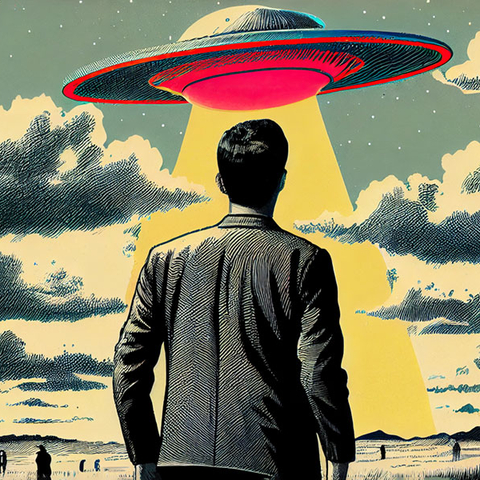
Headquartered at Wright Patterson Air Force Base near Dayton, OH, Project Blue Book, the U.S. Air Force’s investigation into UFOs, ran for 12 years beginning in March of 1952.
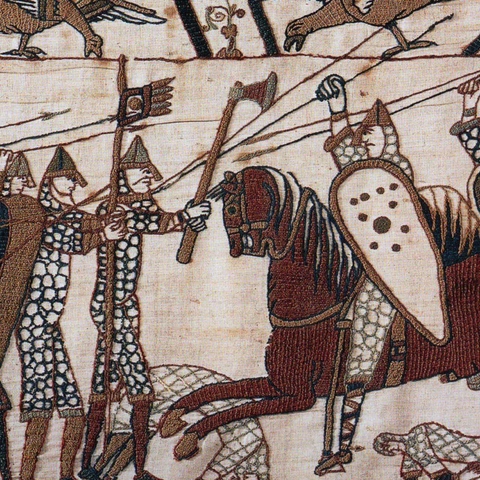
The Battle of Hastings, which took place on October 14, 1066 was a pivotal moment in the invasion from across the English Channel that resulted in the conquest of Anglo-Saxon England by William, the French Duke of Normandy.
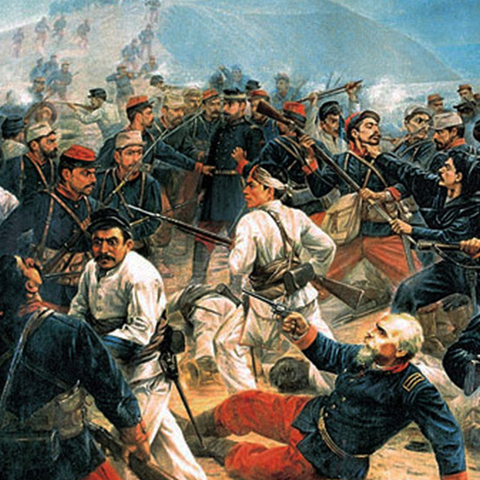
The War of the Pacific, which pitted Chile against the allied forces of Peru and Bolivia, had a profound, long-lasting impact on the geopolitical balance of South America.

On the night of 2-3 December 1984, a Union Carbide chemical facility at Bhopal leaked over 27 tons of the highly toxic gas methyl isocyanate, poisoning tens of thousands of people in the middle of the night, most of whom were sleeping in their homes.
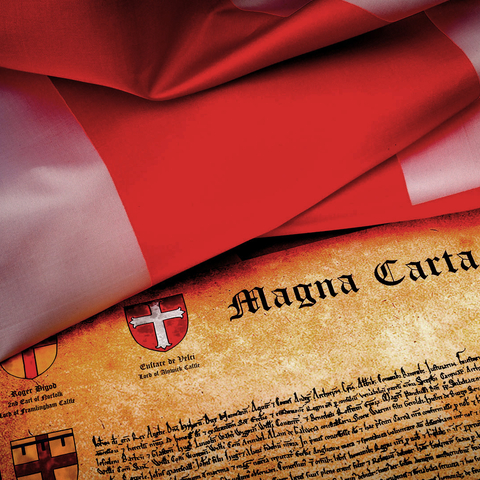
June 15, 1215, witnessed the signing of the landmark Magna Carta, the medieval English historic legal document that is seen as the origin of many modern-day legal rights and constitutional principles.
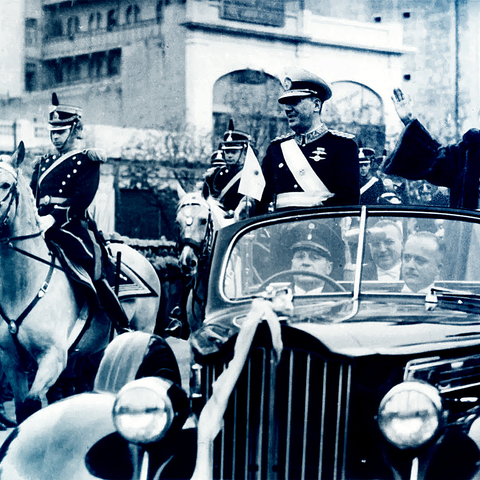
On October 17, 1945, hundreds of thousands of Juan Perón's supporters clogged the streets of Buenos Aires marking a consequential moment in Argentina’s history and the birth of Peronism.
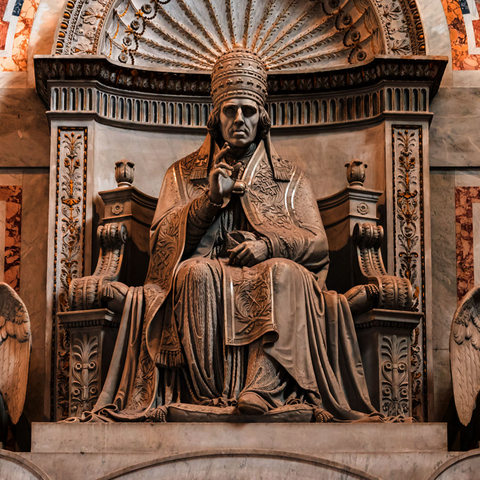
Professor Kristina Sessa, an historian of Late Antiquity, presents her top 10 popes based on overall historical significance, appetite for intrigue, and messy electoral politics.
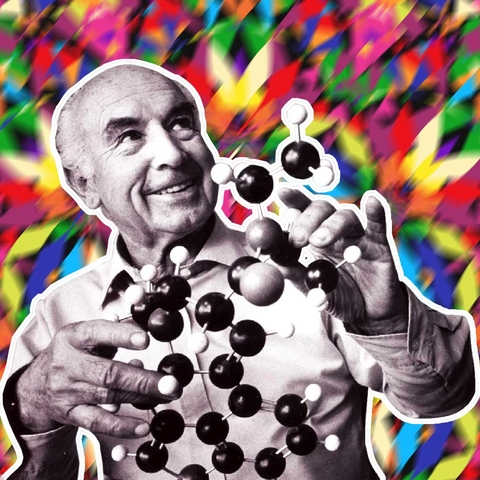
In November 1938, Albert Hofmann November 1938, first created a derivative of ergot that would later be dubbed lysergic acid diethalyamide: LSD.
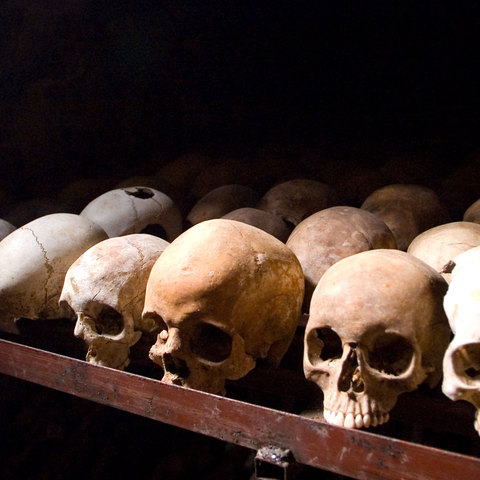
On September 2, 1998, the first conviction for the crime of genocide was entered by an international tribunal.

Mid-July, 64 CE, in the heart of Rome, tragedy struck as fire erupted into a massive inferno.

On June 30, 1908, a massive mysterious explosion of a cosmic body shook the skies of Tunguska (in Siberia), on a date that would come to be known as International Asteroid Day.
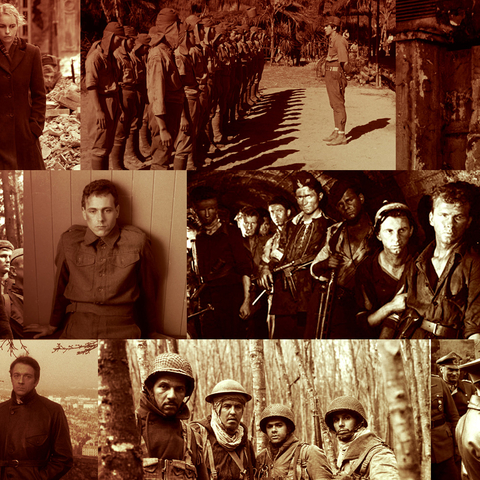
Focusing on films that “do” history well; that is, offer meaningful interpretations about the past or otherwise engage thoughtfully with previous interpretations of the past.
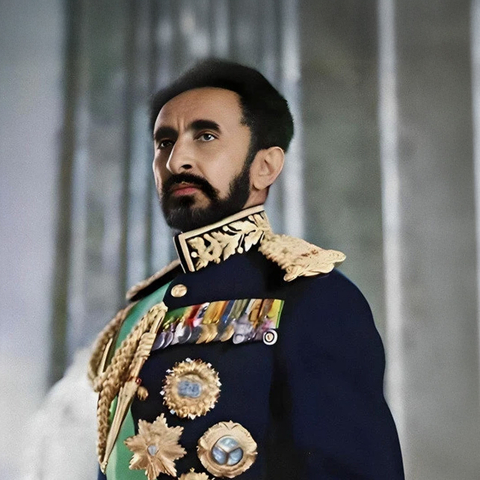
Haile Selassie’s triumphant return to Ethiopia on May 5, 1941, signaled the re‐establishment of the Solomonic Dynasty and a sovereign Ethiopia.
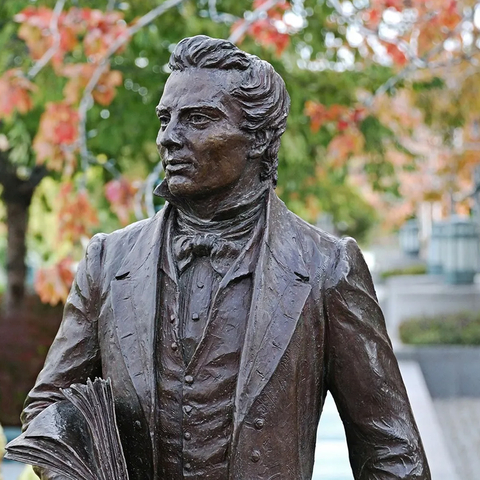
According to the traditional narrative of the Church of Jesus Christ of Latter-day Saints, Joseph Smith was visited on September 21, 1823 by an angel who told him of an ancient record buried nearby his farm.
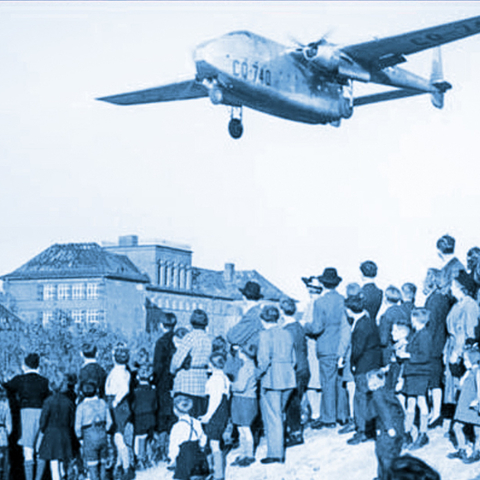
The Berlin Airlift began on June 26, 1948, only two days after the Soviet Union's blockade of West Berlin.
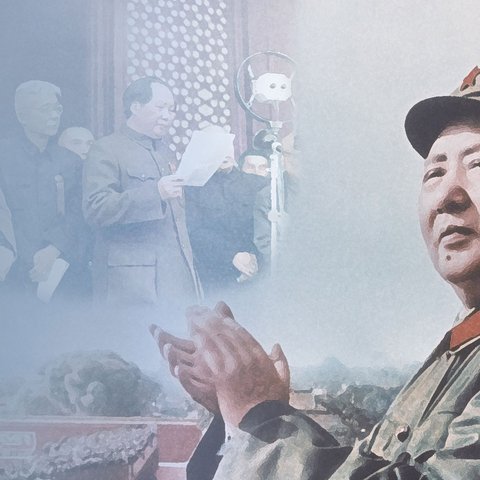
On October 1, 1949, Mao Zedong (1893-1976) announced the establishment of the People’s Republic of China marking the end of China’s chaotic era of foreign domination since the mid-18th century.
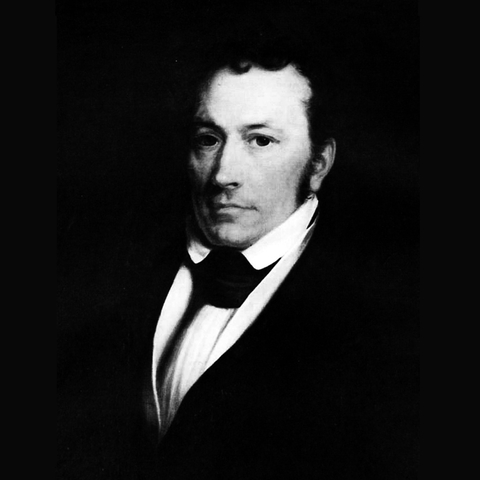
In the late 1820s, Joel Roberts Poinsett introduced the poinsettia plant to Americans, who marveled at its foliage.
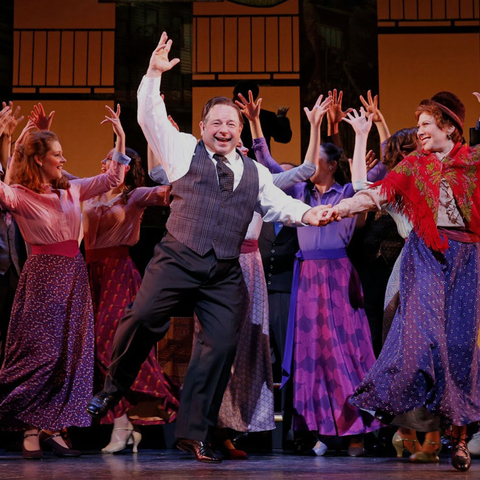
These are our top ten musicals based on real-life people and events that have shaped the theatre.
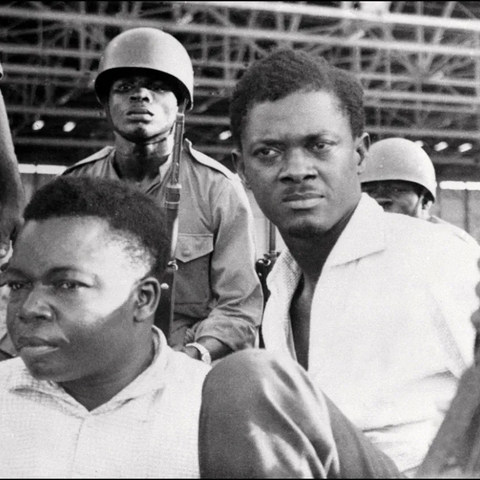
In the Year of Africa, the Democratic Republic of the Congo negotiated independence from Belgium to the rhythm of the country’s greatest export: Congolese rumba.

Alice in Wonderland, the little girl created by Oxford mathematician and logician Charles Lutwidge Dodgson, also known as Lewis Carroll, came to life in 1865.
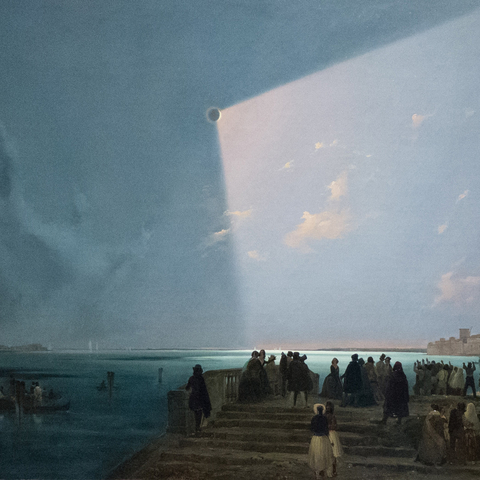
Cultures through history have heralded eclipses as portentous, ominous events.
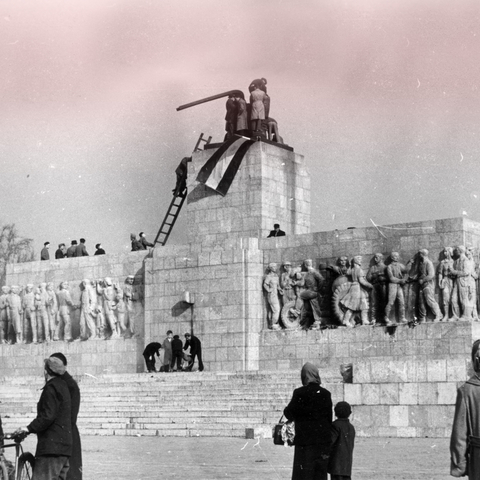
The date, October 23, 1956, marked the beginning of the ill-fated revolution that ended with the re-imposition of Communist rule and the flight of some 200,000 Hungarians to Western Europe and the United States.
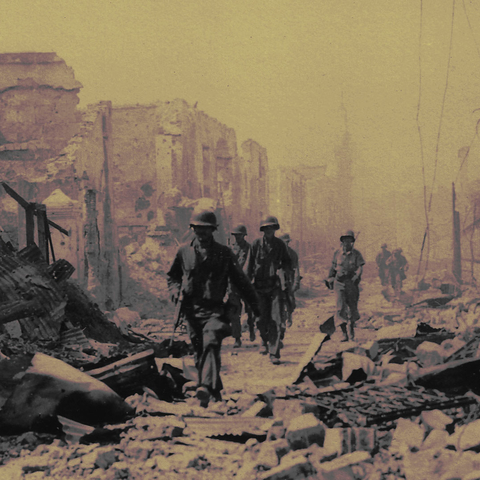
Public memory of the battle for Manila includes a mixture of gratitude toward the Americans, nationalistic defiance, and horror.
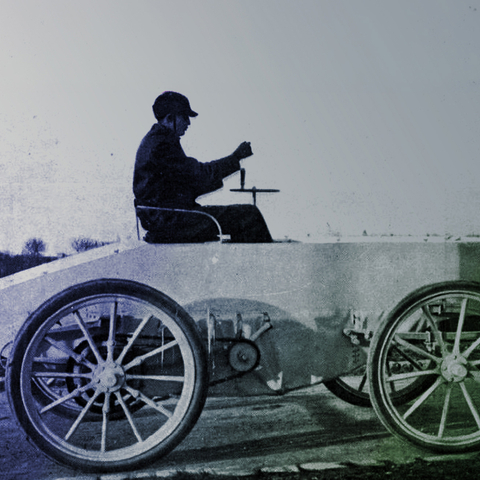
On December 18, 1898, the Jeantaud electric vehicle set the world’s first automotive land speed record of 63.13 km/hr (39.2 mph) over the course of a single kilometer.

After World War II, canned foods became more and more common, along with a smorgasbord of pre-prepared, processed foods such as SpaghettiOs.
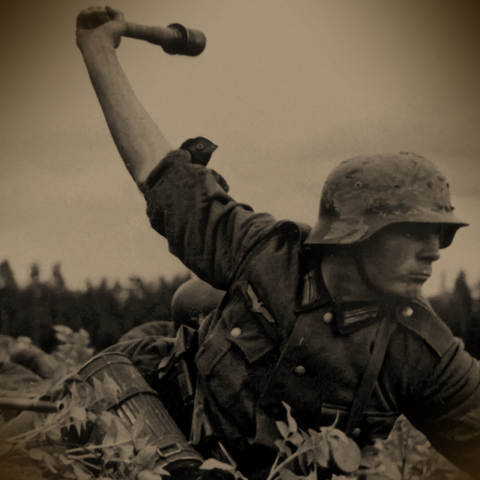
The Soviet-German front that opened with Operation Barbarossa proved to be the decisive theater of the Second World War.

The Mariner 9 exploration of Mars was a good demonstration of how science and technology literally open new worlds for discovery.
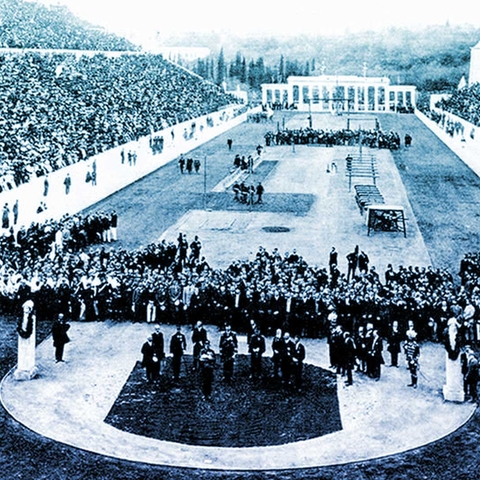
In April 1896, participants from 14 countries converged on Athens to compete in a festival that was simultaneously ancient and modern.
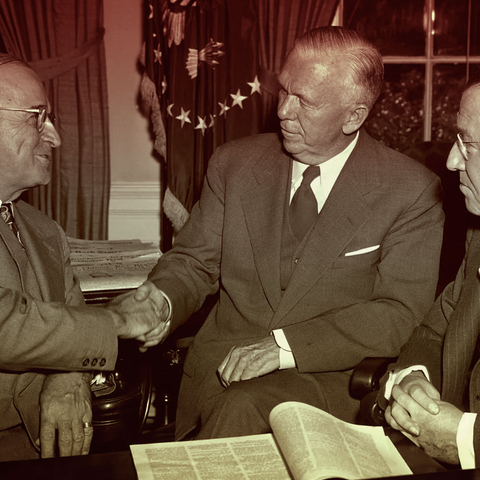
The Marshall Plan, signed into law by President Harry Truman on April 3, 1948, was intended to revive the economies of war-torn Western Europe.
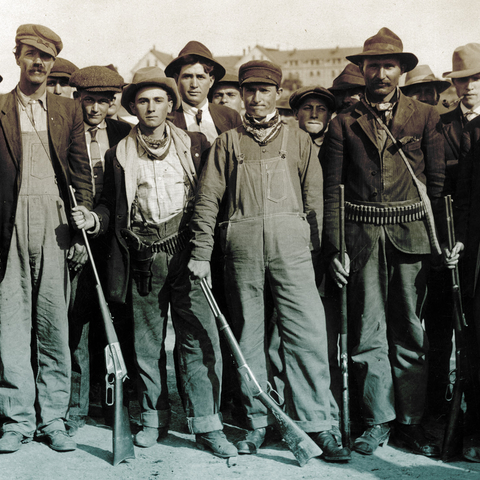
Today, Ludlow, Colorado is a ghost town, yet it remains the site of the deadliest labor war in American history in 1914.
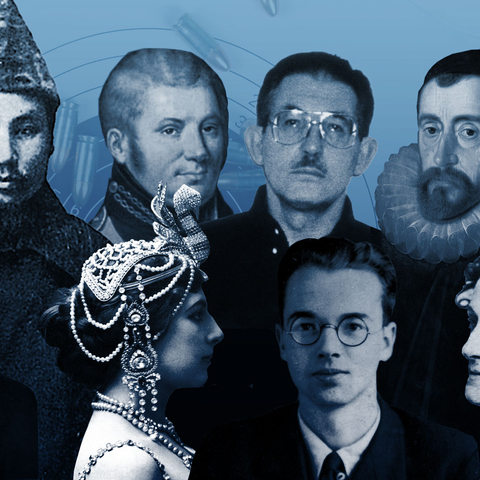
Espionage has become more complex and increasingly valuable. The times change, but spies remain.
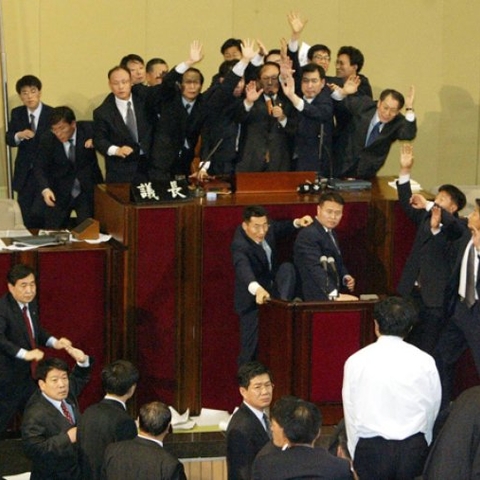
On March 12, 2004, South Korea’s then President Roh Moo-hyun was impeached, a historic first for the Republic.
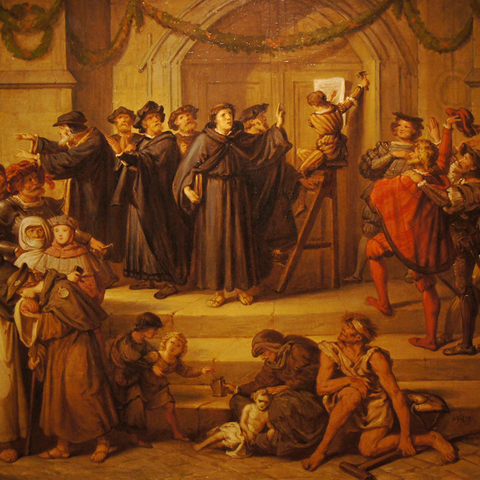
On October 31, 1517, Martin Luther, a monk and professor of theology at the University of Wittenberg, circulated his 95 Theses—95 statements critiquing what he saw as papal abuses of power.
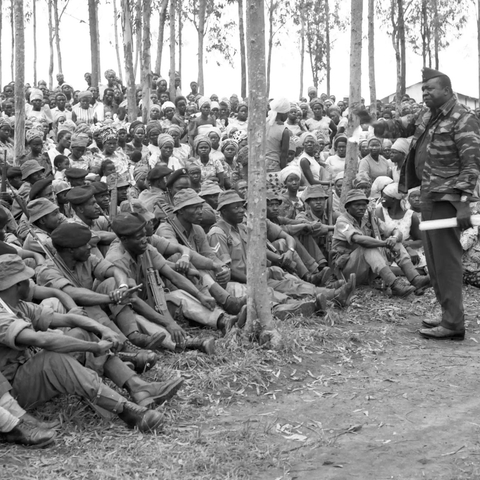
When Idi Amin, commander of the Ugandan Army, seized power in Uganda on 25 January 1971, there was hope among many Ugandans that a new beginning beckoned.

Fossey replaced a fallacious stereotype of a King Kong-like, violent gorilla with an almost idealized image of a gorilla that was intelligent, family-oriented and peaceful.

In May 1954, the U.S. Border Patrol enacted “Operation Wetback,” a campaign to deport Mexican workers who were in the country illegally.
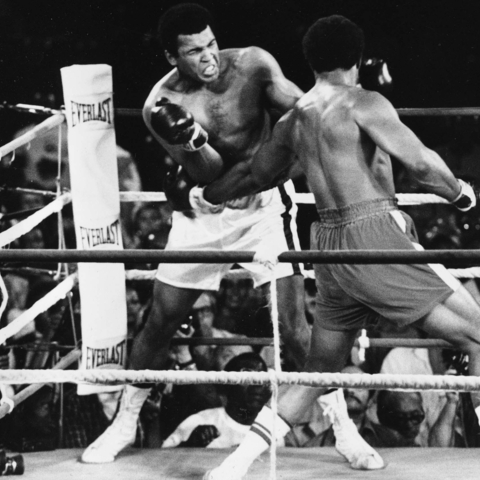
George Foreman’s 1974 heavyweight title defense against Muhammad Ali on October 30, 1974, in Kinshasa, Zaire was a major turning point in the careers of both men.

Friedan’s book encouraged women to break free of what she called “the feminine mystique,” a concept insisting that women’s true fulfillment was to be found through dedication to household labor and their roles as wives and mothers.
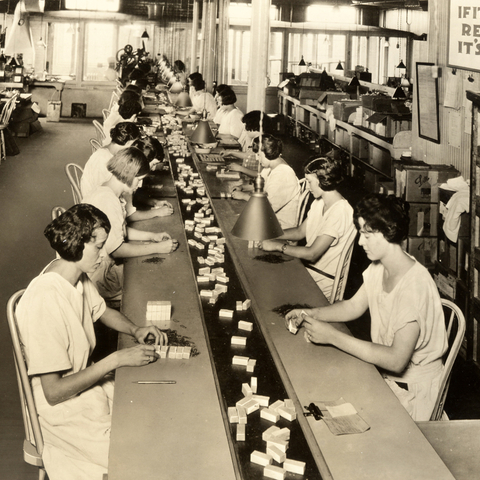
Although observations and attempted treatments of diabetes date back to ancient times, the most important milestone occurred when a new treatment—insulin injection—was first successfully used on January 23, 1922.
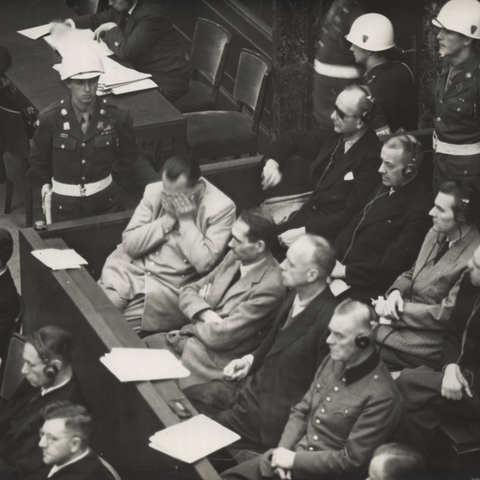
Beginning on November 20, 1945, the International Military Tribunal consisting of representatives from the United States, Great Britain, France, and the Soviet Union worked together to bring 22 former Nazi leaders and their organizations to justice.

